In honor of #MensHealthMonth, I am offering this Blog to help educate men as it relates to hormones to help them live a vibrant and healthy life.
Gentlemen...listen up...as a man gets older, estrogen levels start climbing from the age of fifty and are at their highest point in men in their late 60’s and certainly higher than those found in women of the same age, but during the same period progesterone levels are declining. Now keep in mind that estrogen causes six different cancers in women. Also keep in mind that progesterone prevents every cancer that estrogen causes. The problem is, men no longer have any progesterone to protect them. Therefore, progesterone is known to help prevent Prostate Cancer by blocking estrogen.
Balancing estrogen with natural progesterone becomes that much more important with age. Please remember, estrogen dominance may be an issue for both sexes at any age because of the exposure to xenoestrogens, chemicals in our environment that are endrocrine disrupters.
In any event, by the time a man reaches his late 40’s his body has stopped producing progesterone. This contributes to the onset of middle-aged spread because men start over-producing insulin due to the decrease in progesterone; insulin causes fat to be deposited around the middle.
Now for the good news. Natural, bio-identical progesterone is derived from the wild Mexican Yam and is widely available without a prescription. Topical creams are the most commonly used form of progesterone therapy because it is very quickly absorbed and made available to your system.
Progesterone Benefits
Progesterone is the second most important hormone for men, testosterone being number one. It would be a rare experience for a patient to find a doctor who would not say “Progesterone is a woman’s hormone”. However, it is important for you to be aware that men and women have the same hormones. Progesterone is not really a “sex” hormone because it does not create any secondary sex characteristics (breast enlargement, pubic hair, etc.).
The only known cause of uterine cancer is estrogen. The prostate arises embryologically from the exact tissue that gives rise to the uterus. If estrogen causes uterine cancer, and the prostate comes from the same source, it is probable that estrogen is the cause of prostate cancer. And if progesterone prevents uterine cancer, wouldn’t it also prevent prostate cancer? It certainly seems logical.
Another important benefit of using progesterone in men is to lower insulin levels. Lowering insulin levels prevents fat deposition around the waist as I stated above and prevents hypoglycemic reactions while driving, lowers blood pressure, and prevents adult-onset diabetes.
Progesterone is healthy for blood vessels and prevents coronary artery spasm in men. This is especially true for Type A personalities who produce high quantities of adrenaline which can cause the coronary arteries to constrict, the same way it produces cold hands and feet.
Progesterone is especially beneficial for asthma in men – an end-product of progesterone metabolism is cortisol and its anti-estrogen effect may also be playing a role.
I, myself, have personally benefited from using progesterone because I inherited a low progesterone level from my mother. I have been hypoglycemic my whole life due to high insulin levels. After utilizing progesterone cream, I can attest to the fact that I never again experienced sleepiness in the afternoon while talking to patients, nor have I had to slap my face while driving in order to keep my eyes open.
Summary of benefits of progesterone in men:
1) Prevention of prostate cancer
2) Lowers insulin levels
- Help with weight
- Lowers blood pressure
- Prevents hypoglycemia
3) Eliminates asthma and/or hay fever
4) Prevents coronary spasm
5) Prevents/treats osteoporosis
6) Prevention of Alzheimer’s
7) Prevention of colon cancer
Testosterone for Men
As men get older, their testosterone levels go down. This decrease is associated with a number of health problems. Studies have shown that low levels of testosterone predispose men to develop coronary artery disease, elevates triglyceride and LDL cholesterol levels, and causes muscle wasting, osteoporosis, and impotence. In fact, some studies have shown that the onset of impotence is associated with the onset of death in 20 years because it reflects the degeneration in function of other organs. Low testosterone levels are associated with reduced libido, fatigue, depression, irritability, and aches and pains.
Learn the symptoms of Low Testosterone.
The good news is that all of this is reversible and preventable with the use of natural testosterone. The administration of this hormone results in increased muscle mass, an increase in stamina, a decrease in body fat, prevention of osteoporosis, prevention of arthritis, enhancement of well-being, a decrease in total cholesterol, and an increase in HDL cholesterol with an associated decrease in coronary disease. In addition, it helps eliminate auto-immune disease, prevents strokes, and improves skin tone.
Other benefits include an increase in bone density, an increase in libido and sexual performance, an enhancement in memory function, protection from irritable bowel syndrome and improvement in intermittent claudication and angina.
This, so far, has been an overview of the benefits of testosterone. Now let me be more specific.
Testosterone is absolutely the most important hormone for men. Its benefit to the heart and circulation in general is exemplified by the fact that they used to treat gangrene with testosterone in the old days, as well as atrial fibrillation.
The heart muscle has more receptor sites for testosterone than any other muscle in the body. A recent study dramatically demonstrated this in the following way: 12 consecutive men with severe heart attacks were divided into two groups – one received testosterone, the other group did not. The six men who did not get testosterone all went into congestive heart failure, a condition caused by a weakened heart muscle; those who received testosterone did not develop this serious complication.
One of the most significant health risks that occurs is accumulation of body fat. Testosterone is exceptionally important in this regard for a number of reasons. The tissue that burns fat is muscle – you cannot build muscle without testosterone. In addition, the number one hormone that creates fat is insulin – the hormone that puts on fat around the waist. Testosterone lowers insulin levels.
Low testosterone levels have a significant effect on how a man feels – it can cause depression, memory problems, loss of enthusiasm for life, etc. Testosterone reverses this. A recent study published by the National Institute of Health has shown that testosterone might prevent Alzheimer’s disease.
Osteoporosis occurs in men almost as frequently as in women. However, in men it is much more serious. The associated mortality rate for a hip fracture in men caused by osteoporosis is 25% within two years of the fracture. Testosterone is exceptionally beneficial for the prevention as well as the treatment of osteoporosis. Adding progesterone with testosterone provides a strong one-two punch.
The benefits of testosterone clearly outweigh the risks. However, hormones are very powerful chemicals and they should be used judiciously and with caution. People have a limited number of hormone receptor sites that can accept specific hormones. If one is given more hormone than the body requires, this hormone can be converted into other hormones that may not be as beneficial.
Probably the best way of assessing a man’s need for testosterone is to look at the libido. My decision to give testosterone is derived from two factors, the level of a man’s libido and the level of his testosterone. This is important because testosterone levels go up and down during the day. An isolated reading will not give an accurate picture. If I have a patient with a great libido and a low testosterone, I do not give testosterone. If I have a patient with a great testosterone level and no libido then I will look for causes other than a low testosterone for the lack of sexual interest.
Testosterone by itself is not harmful, but, as I previously stated, it can be converted into hormones that can be. One of these hormones is dihydrotestosterone (DHT) which can cause hair loss and enlargement of the prostate. In order to help prevent this from occurring it is always advisable to take certain herbal supplements that are alpha reductase inhibitors.
These include saw palmetto, pygeum, nettles extract, pumpkin seed extract, etc. These can often be obtained in one formulation. It is also recommended that the testosterone cream be applied to hairless areas – i.e. inner, upper arm. Alpha reductase is located around hair follicles. Zinc is a mineral that also blocks alpha-reductase – the enzyme that converts testosterone into DHT. Dosage: 50mg per day.
A more serious problem is when testosterone is converted into estrogen through a process called aromatization. A chemical called chrysin may prevent this as does Arimedex (anastrazole). The problem with estrogen is that this is most likely the hormone that causes prostate cancer. If estradiol levels are high I would recommend that the compound pharmacy provide Arimidex (anastrazole) with a dosage of 50 mcg, to be given Monday, Wednesday, and Friday..
In summary, testosterone is definitely an anti-aging hormone. Its contribution to the well-being of men is more than that of any other hormone.
Dr. Michael E. Platt has been a pioneer in the research and advancement of the therapeutic use of progesterone cream for use in managing adrenaline and hormonal imbalance. Dr. Platt is considered an important pioneer in observational, functional, alternative, and allopathic medicine focused on bio-identical hormones and adrenaline overload. His three books “The Miracle of Bioidentical Hormones”, “Adrenaline Dominance” and “Platt Protocol” have received 11 literary awards.
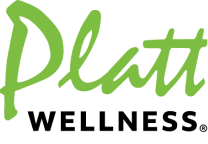
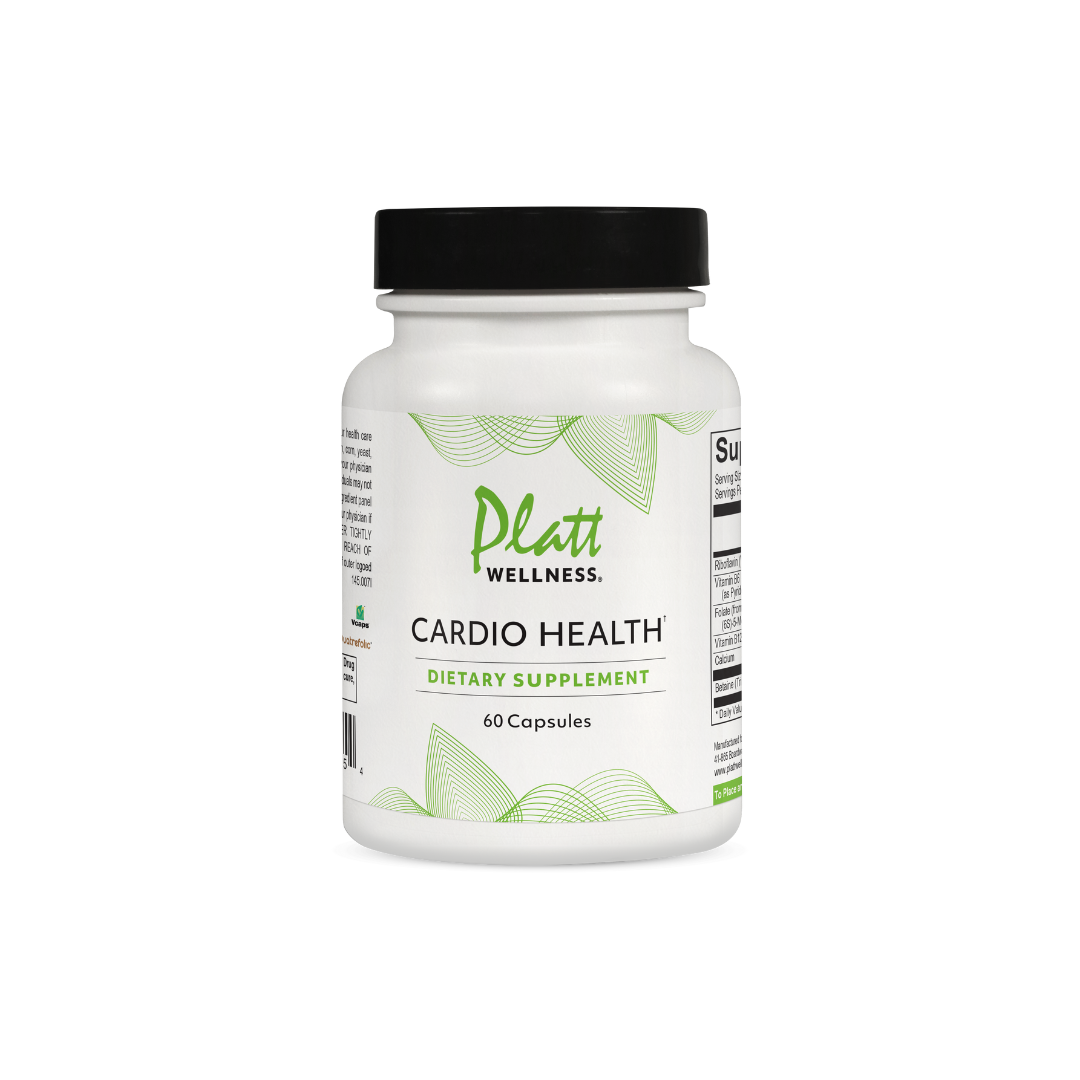
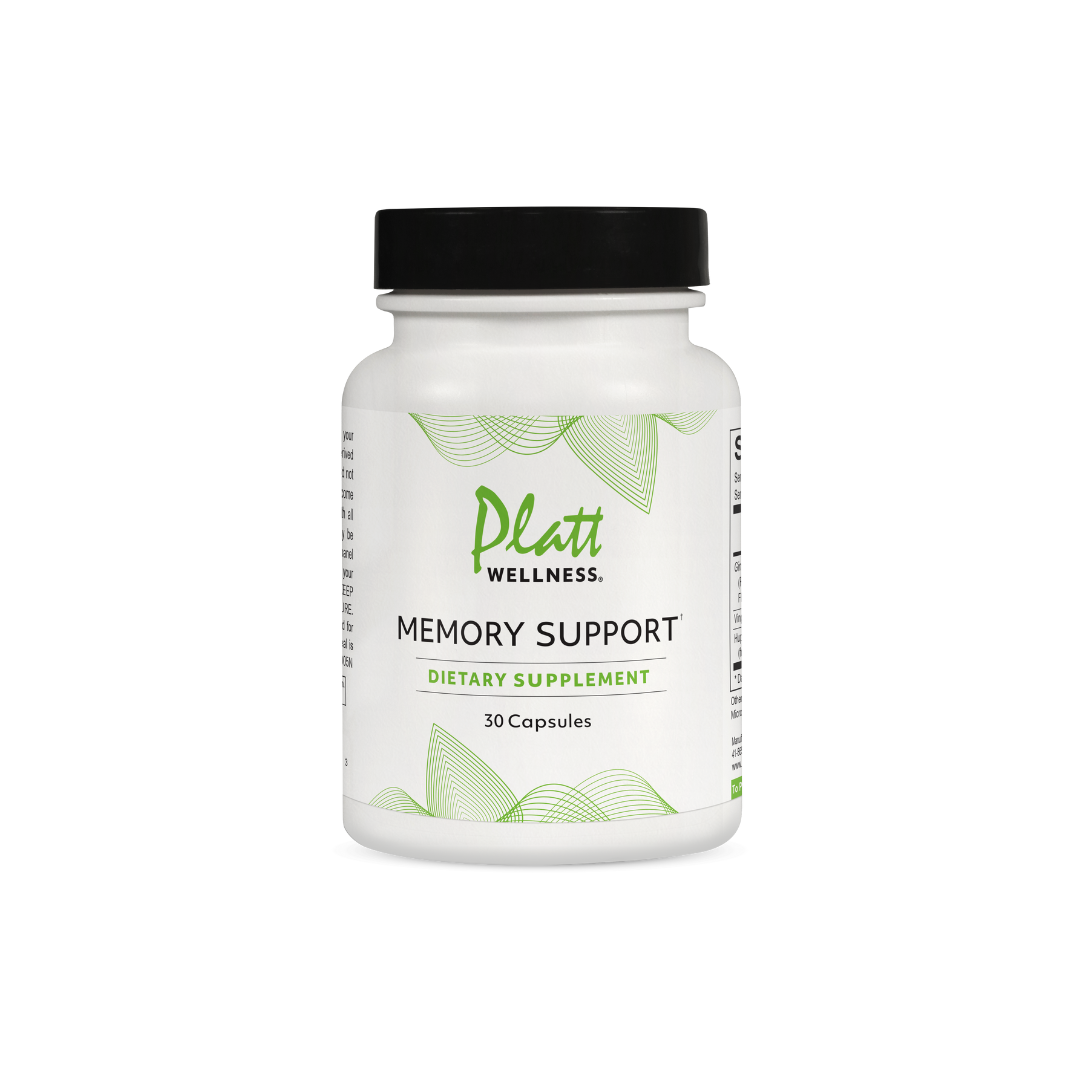
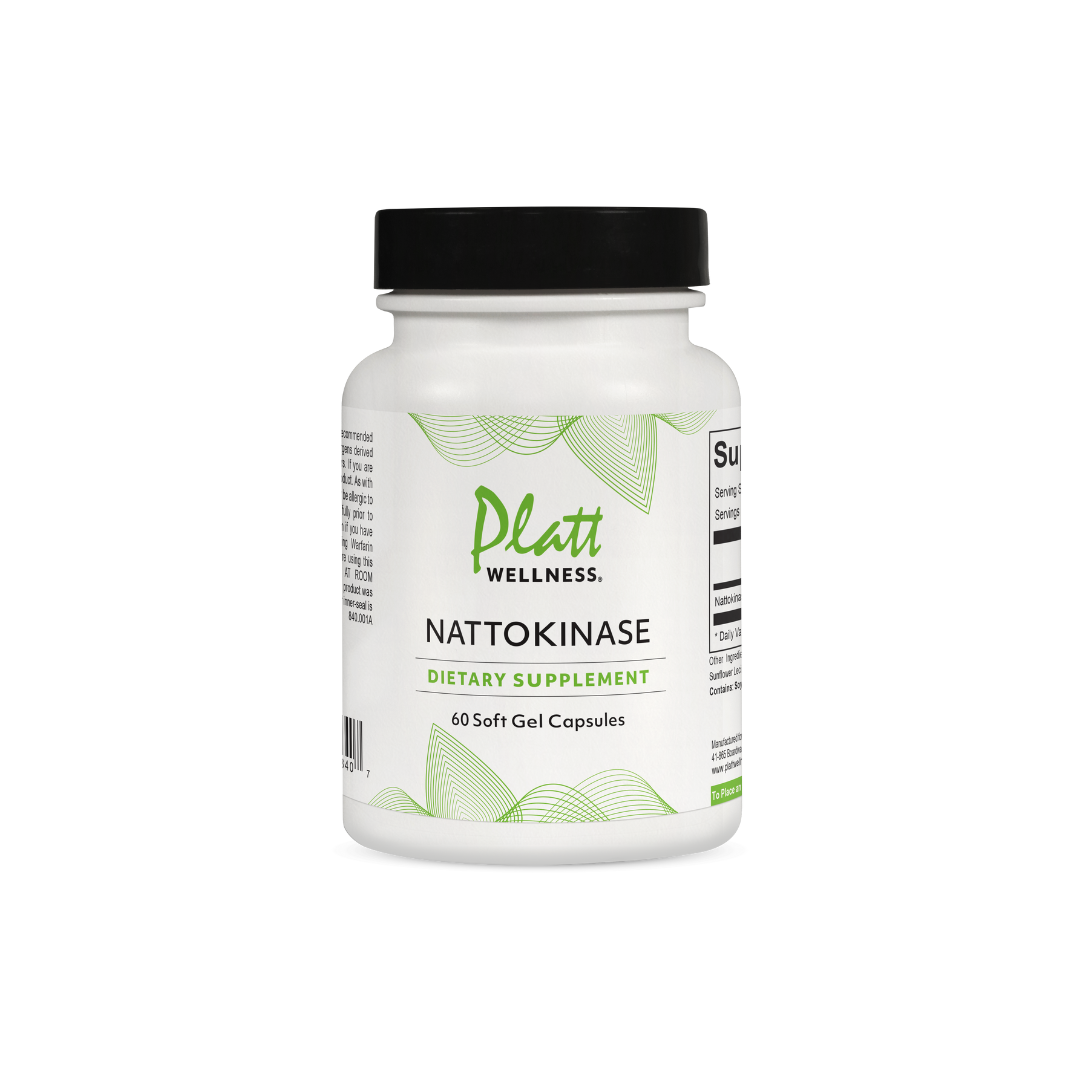
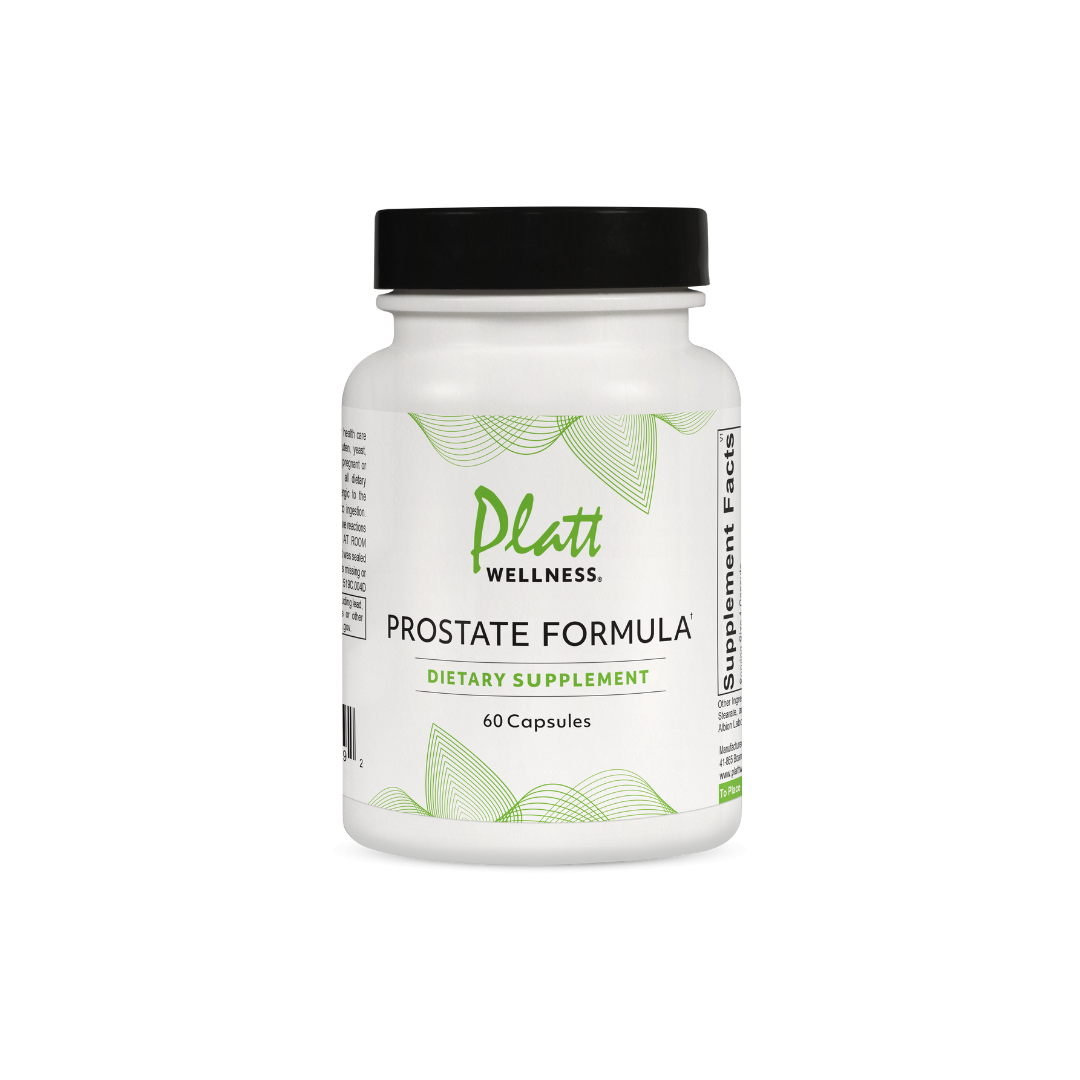


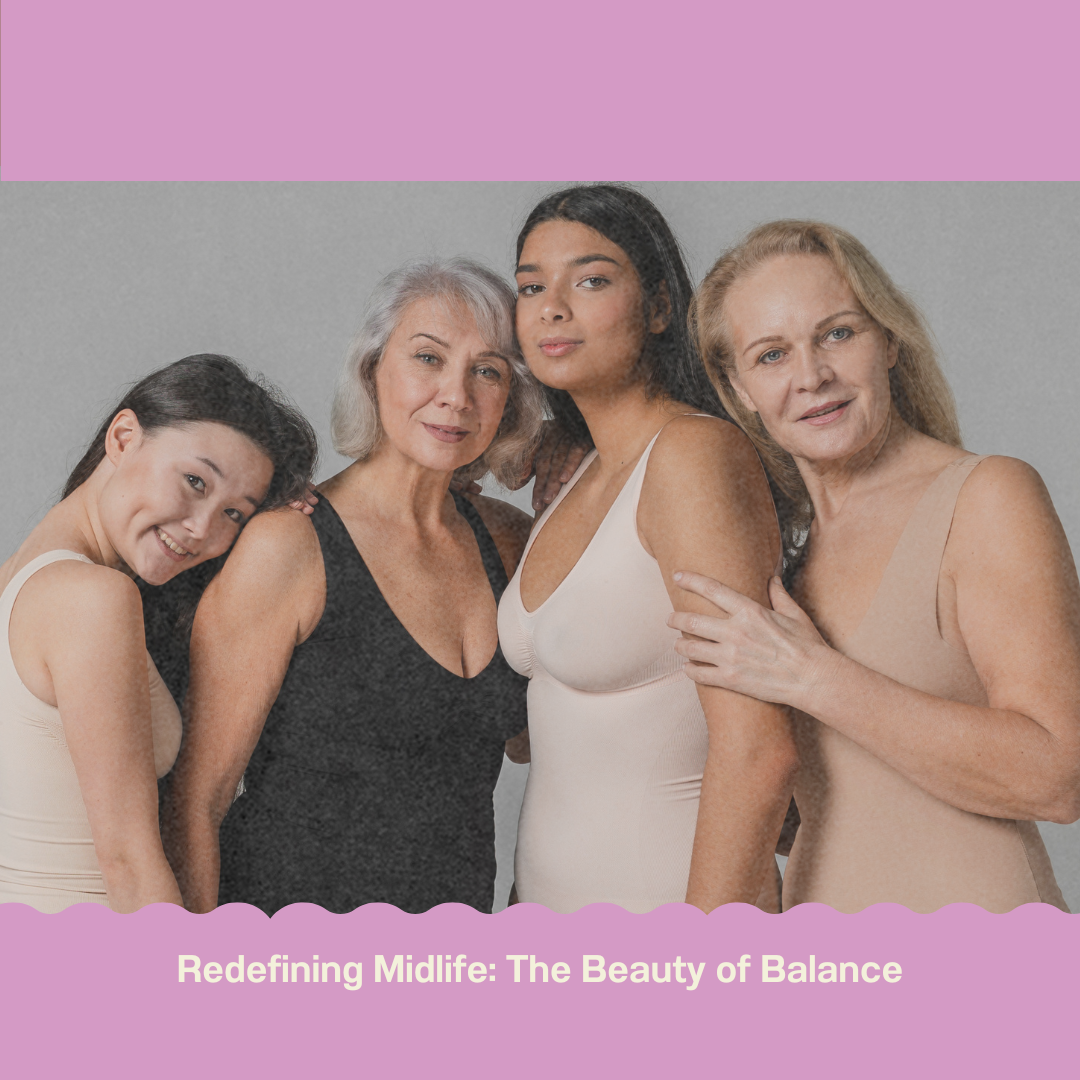
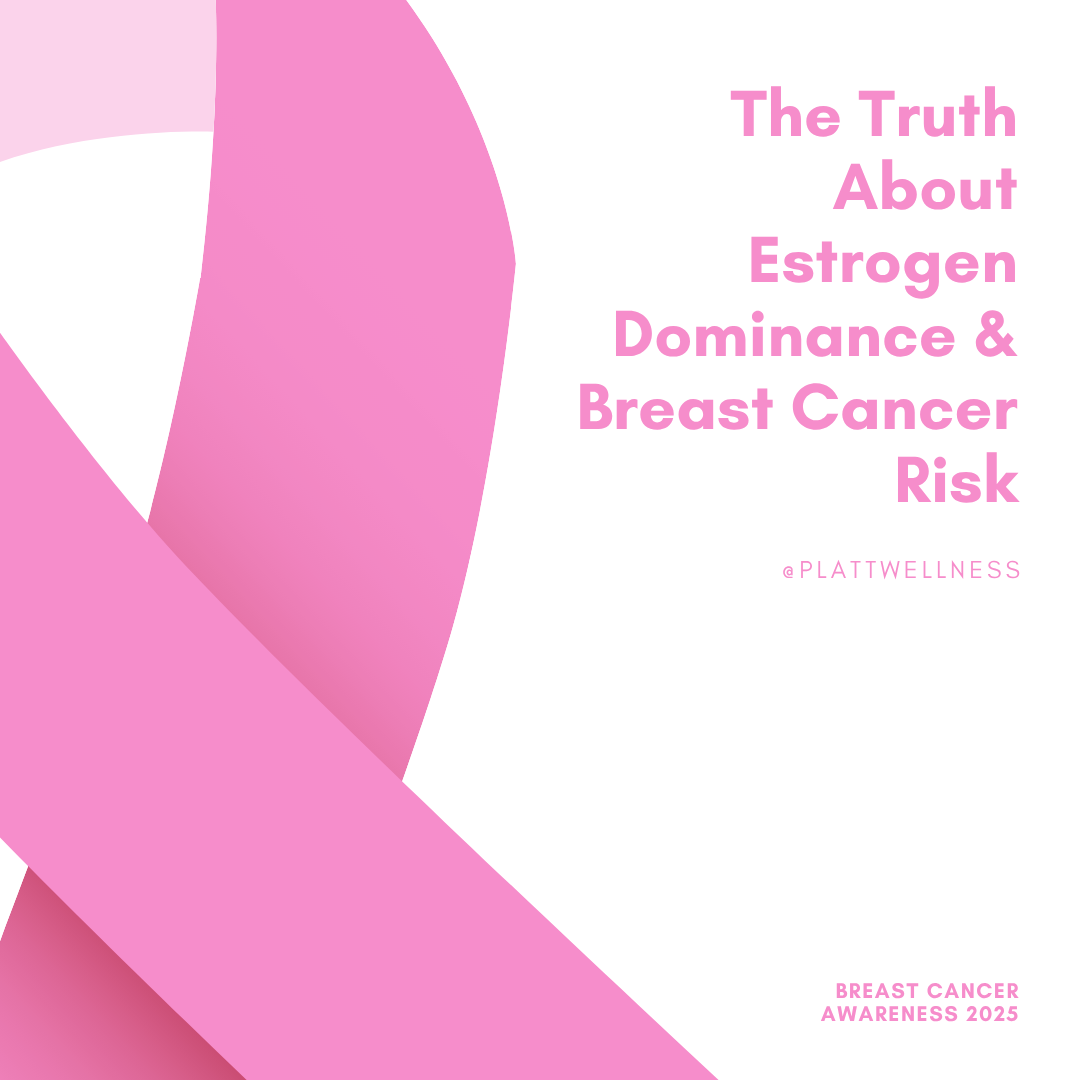
Hi, Dr. Platt. My husband was diagnosed with stage 4 prostate cancer that spread to a tiny area in his tailbone. They’ve lowered is testosterone levels and his PSA is almost 0. He’s gained weight around the waist and feels tired a lot. Can he take progesterone cream? I’m worried that lowered testosterone will cause more side-effects than cancer. Thanks!
@David Kamnitzer – major benefit of progesterone cream is the effect it has on insulin. It appears to block the effect of insulin, possibly by blocking insulin receptor sites on cells. As a result, utilizing progesterone cream prevents the occurrence of hypoglycemia which is often found after eating, or between 3 and 4 PM, and also when people are driving. These are the classic times that people can experience sleepiness.
This ability to prevent insulin from putting sugar into cells has important implications, such as possibly preventing type II diabetes. It may also be effective for preventing many of the complications of diabetes that can often be attributed to insulin, such as diabetic neuropathy. Another factor to consider is that insulin is the hormone that puts on fat around the middle. This is especially noticeable in men after the age of 50, which is the age they stop producing progesterone.
Do you know the mechanism by which progesterone reduces insulin?
In Europe, they treat prostate cancer with testosterone. In any event, you can check with pharmacists
who work in compounding pharmacies if they might know of doctors who might be amenable.
You have to make sure to utilize supplements or a medication such as anastrazole to keep your estradiol levels
low. You can get anastrazole from the compounding pharmacy in a dose of 50-100 mcg per day.
Supplements include DIM, I-3-C, and zinc.
I have had Prostate cancer and heart minor heart attack. Last testosterone level was 65. I can not find an MD to give testosterone. Any suggestions?